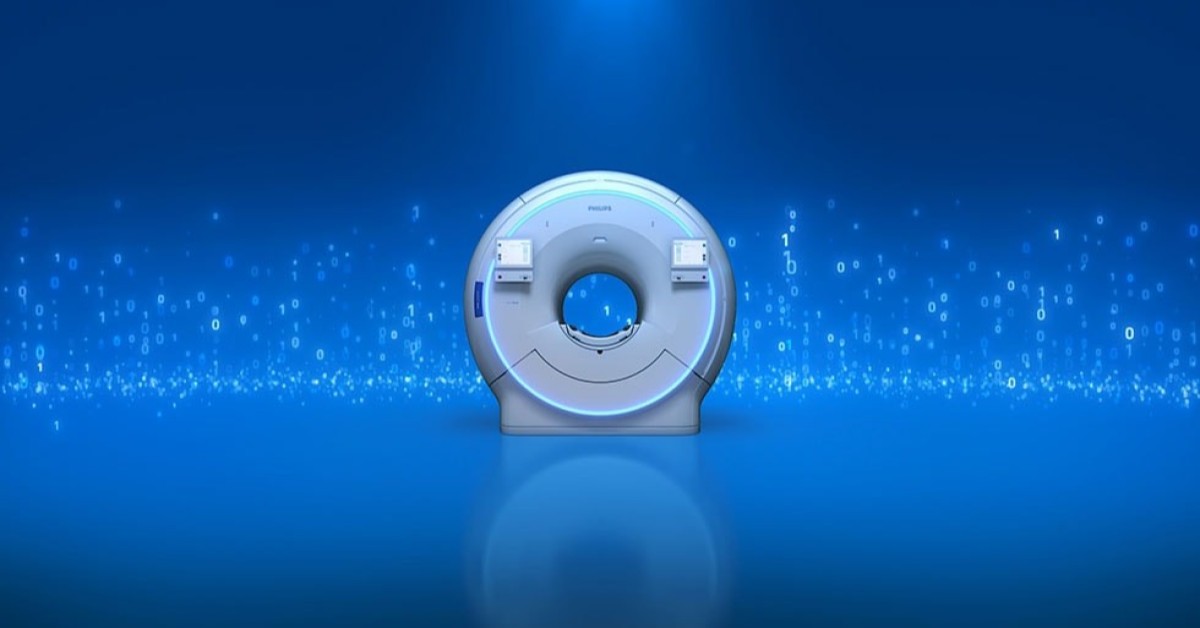
NETHERLANDS – Philips has partnered with NVIDIA to advance magnetic resonance imaging (MRI) using next-generation artificial intelligence.
Together, the companies will develop a powerful foundational AI model trained on large-scale imaging data, aiming to transform the way MR scans are performed and interpreted.
This deep learning model, based on NVIDIA’s AI computing platform, will improve MRI image quality, reduce scan times, and streamline diagnostic workflows.
It will also support zero-click scan planning, helping radiologists cover multiple anatomical regions with greater efficiency.
Philips says this could significantly increase patient throughput and simplify complex imaging procedures.
Radiologists will benefit from interactive tools like super-resolution, denoising, and sharpening.
These AI-enhanced features will enable clinicians to preview and adjust image quality and scan speed settings in real-time, helping to ensure accurate diagnoses from the outset.
The model will also support automatic detection and interpretation of clinical findings, reinforcing a reliable diagnostic process.
Philips plans to integrate the solution seamlessly into existing MRI workflows by leveraging NVIDIA’s interactive foundation model for 3D medical imaging, along with VISTA-3D and MAISI, a 3D model that produces high-quality synthetic images with or without anatomical labels.
These technologies are designed to address unique challenges in MR imaging and enable scalable, domain-specific applications.
“Our AI-powered MRI solutions are already helping providers deliver better care,” said Dr. Ioannis Panagiotelis, Head of Philips MRI.
“By joining forces with NVIDIA, we’re entering a new era of imaging that can redefine how MRIs are used in diagnosing and treating disease. The potential benefits for patients and healthcare systems are enormous.”
This collaboration builds on Philips’ broader AI strategy in radiology. Earlier this year, the company received the EU Medical Device Regulation (MDR) certification for its vendor-neutral Radiology Operations Command Center Console.
This platform enables real-time support and remote scan control, improving access to quality diagnostic imaging across Europe.
XRP HEALTHCARE L.L.C | License Number: 2312867.01 | Dubai | © Copyright 2025 | All Rights Reserved